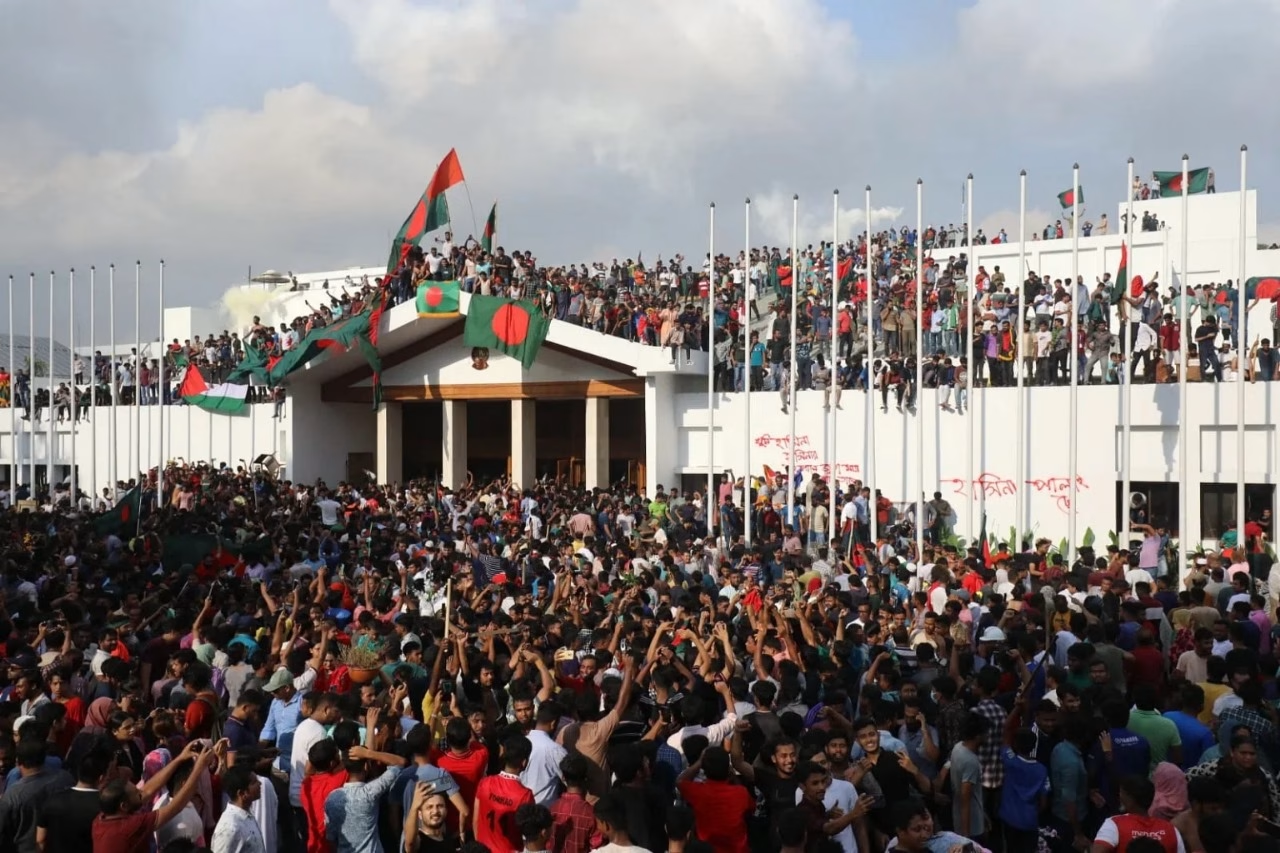Md. Shariful Islam Dulu
Nations are not born out of rhetoric. They emerge through sacrifice, struggle, and collective will. Bangladesh stands as one of the most profound examples in the modern world. From the moment of the 1947 Partition, the people of East Bengal were subjected to political and economic exploitation by West Pakistan. For 23 years, they endured systematic deprivation—linguistic discrimination, unfair resource allocation, and political exclusion.
In 1971, that long-suppressed demand for dignity exploded into the Liberation War. The birth of Bangladesh was paid for with the blood of millions and the unmatched bravery of freedom fighters. Patriotism, during that time, was not a slogan—it was a life-or-death commitment to justice, equality, and freedom.
Yet in the 53 years since independence, we have seen a troubling shift. Patriotism, values, and even the Liberation War itself have increasingly been packaged and sold as commodities by political and vested groups. When ideals become merchandise, both their spirit and their legacy erode.
THE COMMODIFICATION OF LIBERATION
The Liberation War was supposed to be a unifying national heritage. Instead, it has often been turned into a partisan brand. Successive political parties, instead of preserving its universality, have claimed sole ownership of the war’s legacy. Competing versions of history are promoted, and recognition of freedom fighters has sometimes been determined not by truth but by loyalty.
Even worse, commercial motives emerged. Freedom fighter certificates, benefits, and projects linked to the war became tools of profit and privilege. Memorials and commemorations—while noble in intent—were often staged more for political mileage than genuine respect.
This approach has weakened the war’s meaning for younger generations. Instead of receiving a pure and united narrative of sacrifice, they inherit a divided and manipulated history. For them, patriotism begins to resemble propaganda rather than a genuine value system.
A REPETITION: THE JULY REVOLUTION OF 2024
On August 5, 2024, Bangladesh experienced what many call the “July Revolution.” It symbolized a new wave of resistance against injustice, spearheaded largely by disillusioned youth. For a moment, it seemed as though history was repeating itself—a people’s uprising promising justice, reform, and renewal.
But just as with 1971, signs of commodification soon appeared. The slogans, the sacrifices, even the blood of martyrs, began to be appropriated by small groups for their own political and commercial ends. Instead of being nurtured as a unifying people’s movement, the July Revolution risks turning into another packaged product in the political marketplace.
This repetition underscores a dangerous cycle: sacred struggles are quickly converted into brands, stripped of depth, and exploited for short-term gain.
THE COST OF TURNING VALUES INTO COMMODITIES
When patriotism and sacrifice are sold like consumer goods, the damage is profound:
Social Fragmentation – Instead of uniting citizens, competing claims to patriotism create division.
Weak Institutions – State policies and governance become influenced by symbolic manipulation rather than genuine public need.
Lost Generations – Young people grow disillusioned when they realize their history is politicized, leaving them skeptical and disengaged.
Democratic Decline – Democracy becomes performance rather than practice, reduced to branding exercises instead of real accountability.
Ultimately, when ideals are commodified, a nation risks hollowing out its own foundations.
RECLAIMING PATRIOTISM AS LIVING VALUE
Bangladesh today stands at a crossroads. The Liberation War and the July Revolution should be monuments of people’s power, inspiring future generations. Instead, they are increasingly being trivialized as tools of profit and partisanship.
The challenge before us is not only to protect the authenticity of history but also to ensure that patriotism remains a living value, not a marketplace product. Several steps are essential:
Preserve Authentic History – Schools and cultural institutions must present an unbiased narrative of 1971 and 2024, free from partisan distortion.
End Exploitation of Sacrifice – Benefits tied to national struggles must be transparent and shielded from political misuse.
Foster Unity, Not Division – Patriotism should belong equally to all citizens, transcending party lines.
Empower Youth – Young people must see patriotism as active nation-building: innovation, service, and civic responsibility.
Demand Accountability – Political groups that exploit history for personal gain must face scrutiny from citizens, media, and civil society.
Bangladesh was not born as a brand; it was born through blood and courage. To reduce patriotism and national values into merchandise is to insult that sacrifice and endanger the future.
The Liberation War of 1971 and the July Revolution of 2024 both reflect people’s extraordinary power to resist oppression. But if their legacies are marketed like products, society will fracture, the state will lose credibility, and generations will inherit confusion instead of pride.
Patriotism cannot be bought or sold. It must live through action, honesty, and unity. Only by reclaiming it as a sacred and collective responsibility can Bangladesh honor its past and secure its future.


